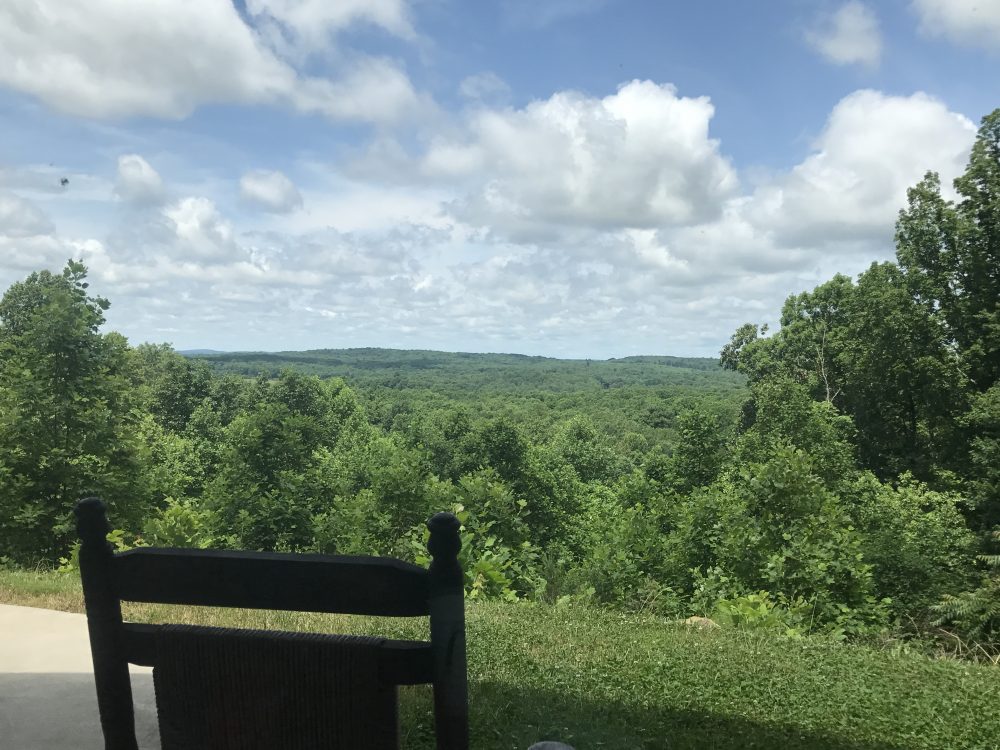
The first full chapter of the book is a call to know why God created us in the first place. Philip Nation clearly outlines for us the origins of our creation by a God who seeks to make Himself known, to love us, to provide for us, to be with us. In the Garden, at least for a while, Adam and Eve lived in that relationship, knowing God, walking with Him, returning His love, enjoying and being grateful for His provision. In short, they knew God’s love and returned His love.
The tragedy of sin mars everything. “Yet we find ourselves under the missionary gaze of God.” (p. 19)
In a move that would seem to be contrary to all we deserve, God comes to find us. Both in the garden of Eden and in our everyday living, God calls to us, “Where are you?” He does not ask because somehow He has lost track of us. Rather, He wants us to realize that we have become a far-from-God people.” (p. 19)
That which motivates God to chase after us is love. In love of a Holy God for sinners, His glory is displayed. He could rightfully turn away and never think of us again, but He longs for and works for our redemption and return to the relationship for which we were created.
Nation reminds us, through the story of Peter’s reinstatement, that Jesus focuses on Peter’s understanding of the core nature of a relationship with God. Jesus repeatedly asks Peter if he loves Jesus. Rather than gives Peter a half-dozen task which he must do to show penance and worthiness for forgiveness, Jesus takes Him to where it all started in the Garden – a Creator who loved and asked for that love to be returned. “For Christ, the focal point is love.” (p. 21)
Quoting O. Palmer Robertson, Philip Nation gives a helpful definition of covenant: “a bond in blood sovereignly administered.” So, it is not our work that binds us to Christ, but His work on the Cross that makes the way for our restoration. Our only hope and defense is the blood of Christ. God is the one who sets out the terms of our covenant relationship with Himself. The creature doesn’t get to determine how they will relate to the Creator. His love is what led Him to pursue us through the Son and Spirit. And John reminds us that we “love Him because He first loved us (1 John 4:19).”
Then, Nation comes back to the idea he first mentioned in the preface to the book, that the central discipline of the Christian life is love – that loving Christ is what propels habitual holiness and the desire to follow God in the world for His redeeming mission.”
One of the most significant sentences in the chapter is this: “Internal transformation (founded in our love for Christ) manifests itself in external action (Bible reading, fellowship, prayer, serving, giving, etc.).” He adds, “The greatest discipline is love. All of the other disciplines flow from that love.” (p. 25)
Lord, help us to love you more deeply than we do! Amen.
